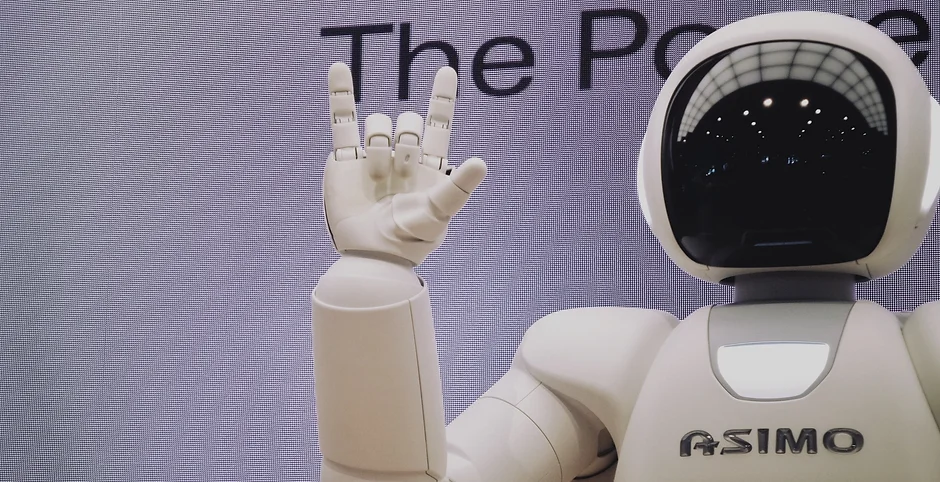
Technology sure has made our lives easier. I mean, I am writing this from a device that weighs as much as a notebook and connects to the world at a click. Before posting this article, I will be running this through an app to check for grammar and sentence structure. When we come to think of it, the changes that technology has brought into our lives are absolutely mind-bending to conceive for the average mind.
Yet, here I am writing to you about the possibility of this very technology threatening my livelihood and trying to make a case that I am a better writer for your brand than a trained bot – all while using a bot’s recommendation to correct my grammar.
We live in a funny world, full of ironies. Let’s dive deeper, shall we?
Here’s What’s Happening…
Artificial Intelligence, or AI, has been undergoing training through Deep Learning and Natural Language Processing, to develop skills such as writing. The AI is exposed to a huge database of writings and picks up on human behaviour, language patterns, grammar rules and sentence structures.
Existing online tools like Wordsmith and QuillBot are already being used for structuring data-based content and assisting writers with their processes. Apps such as Grammarly are every writer’s go-to for grammar checks, and companies such as Amazon utilise tools that structure product descriptions based on inputs on the product characteristics.
But Can AI Replace Writers? Let’s Find Out…
AI-like technologies are already helping writers across the globe with their writing requirements such as editing and proofing, research, data structuring etc. Simply put, AI writing software can help companies obtain high-quality, fact-driven content at a much faster pace. More content equals more promotion equals more money. Simple math? Not exactly…
Customers aren’t driven solely by facts and stats. What customers of the current generation crave is connection and empathy in the content they consume, and AI bots are yet to strike that chord. AI writers cannot offer personal testimonies or craft stories from personal experience, limiting it exclusively to human writers.
So, Much Ado About Nothing?
The answer isn’t as straightforward as we’d like it to be. With every new technological advancement has come the fear of displacement for the sector it impacts. It happened with the factory workers and craftsmen during the Industrial Revolution, as well as many traditional businesses with the advent of IT. Artificial Intelligence will also displace many professionals, even if all it does is assist the writers in their tasks. As writers have to spend lesser time and energy on each project, they can take up more work, which would require fewer writers for the job.
However, this threat is not as immediate. As the customers seek more empathy and emotional connection from brands, there remains a need for personalised storytelling. Additionally, being a new technology, AI writers would not be affordable to all companies, and would only make a substantial impact in fact-heavy documentation rather than creative content.
“Some people call this artificial intelligence, but the reality is this technology will enhance us. So instead of artificial intelligence, I think we’ll augment our intelligence.” — Ginni Rometty
The current state of AI is more of a supplement to the profession than an outright replacement and can be utilised by writers to enhance their creative talents.










